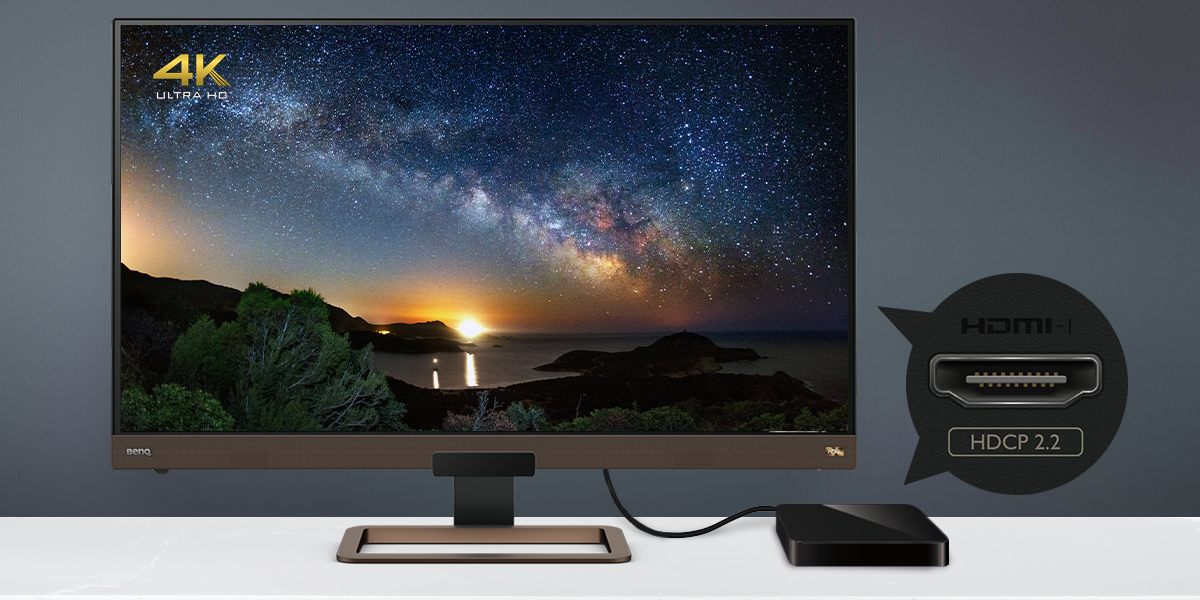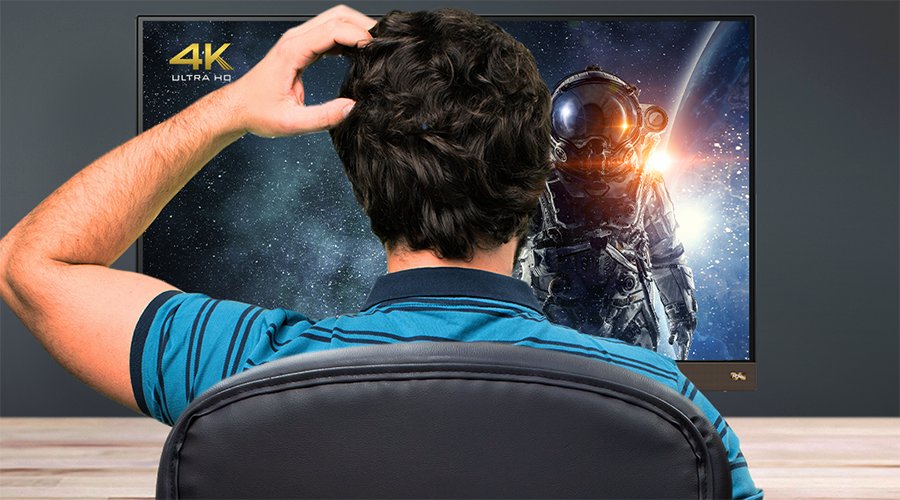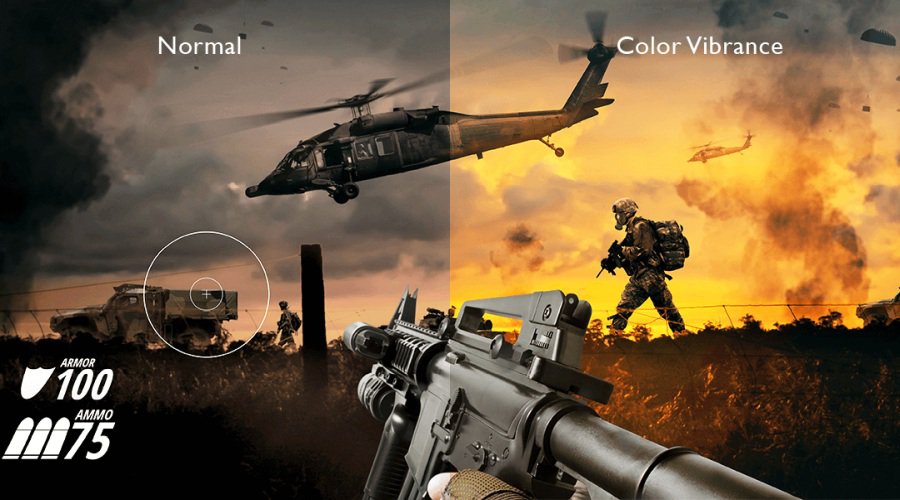HDCP, originally crafted by Intel engineers, has become a staple in the technology and entertainment sectors. While often confused with HDMI, HDCP is a distinct technology providing copy protection and piracy prevention across three main connection types: HDMI, DVI, and DisplayPort. It's crucial to remember that all your devices and cables must be HDCP-compliant to enjoy 4K content, as HDMI has become nearly ubiquitous. This includes every component in your setup: the source (like streaming boxes, Blu-ray players, PCs, game consoles, and HDMI splitters), the cables, and the receiving device—be it a projector, TV, or monitor. If even one part lacks HDCP certification, you risk not being able to play 4K content or any content at all. Moreover, all components must support the same HDCP version to avoid downgrading to full HD instead of 4K. As of now, HDCP 2.3 is the relevant version.
Interestingly, if you stream content directly from the operating system of a smart TV or projector using built-in apps, HDCP doesn’t apply. It becomes relevant when connecting multiple devices via cables.
It's worth noting that the video game industry has opted for different protection mechanisms, such as Denuvo, rather than HDCP. Therefore, if you're connecting an Xbox or PlayStation to a 4K display solely for gaming, HDCP isn’t a concern.





